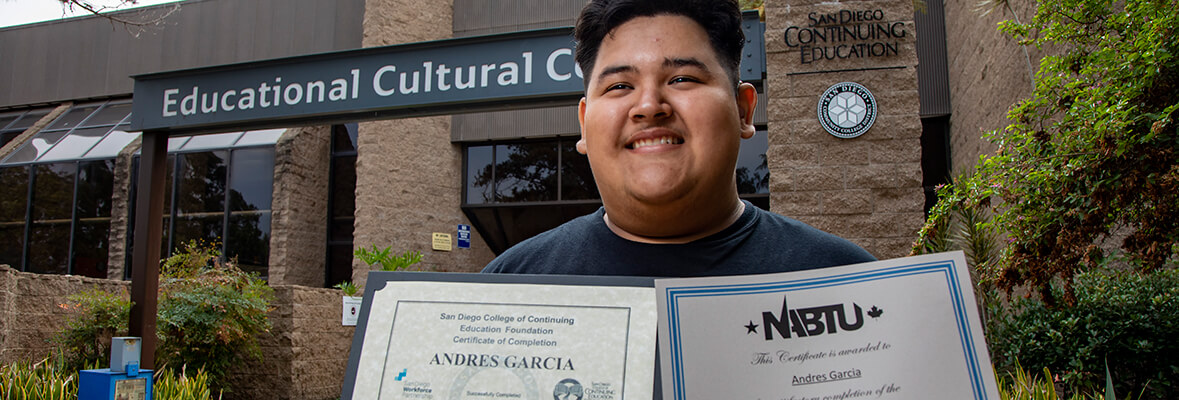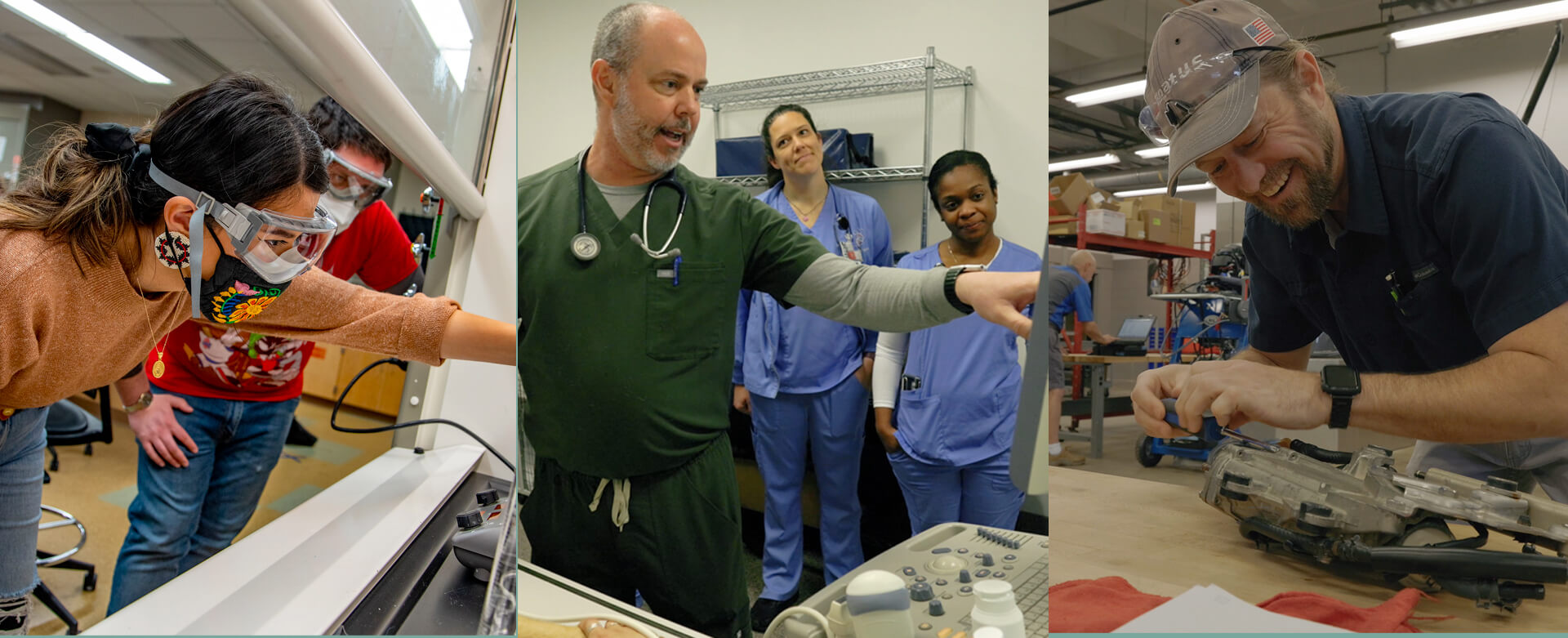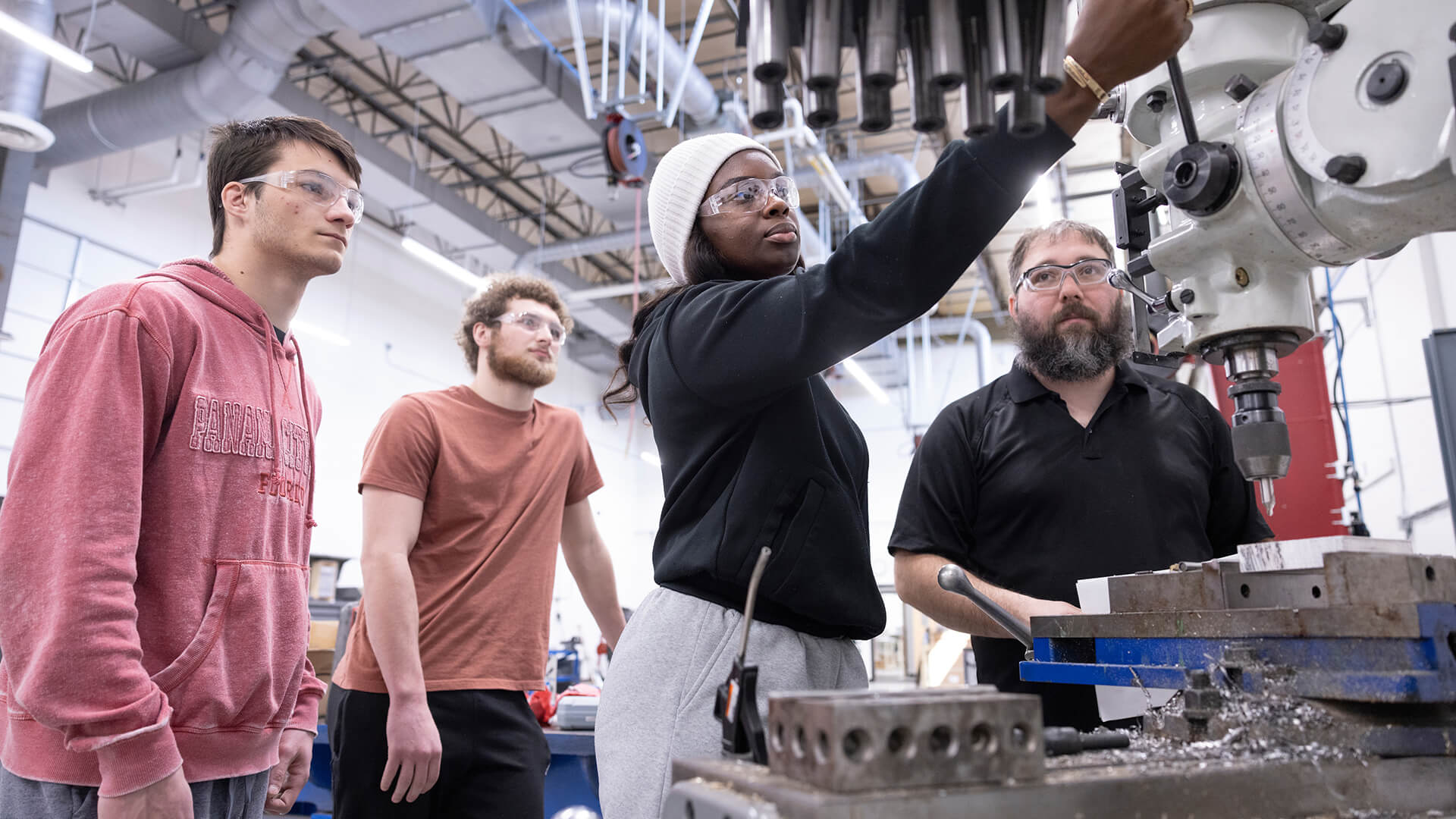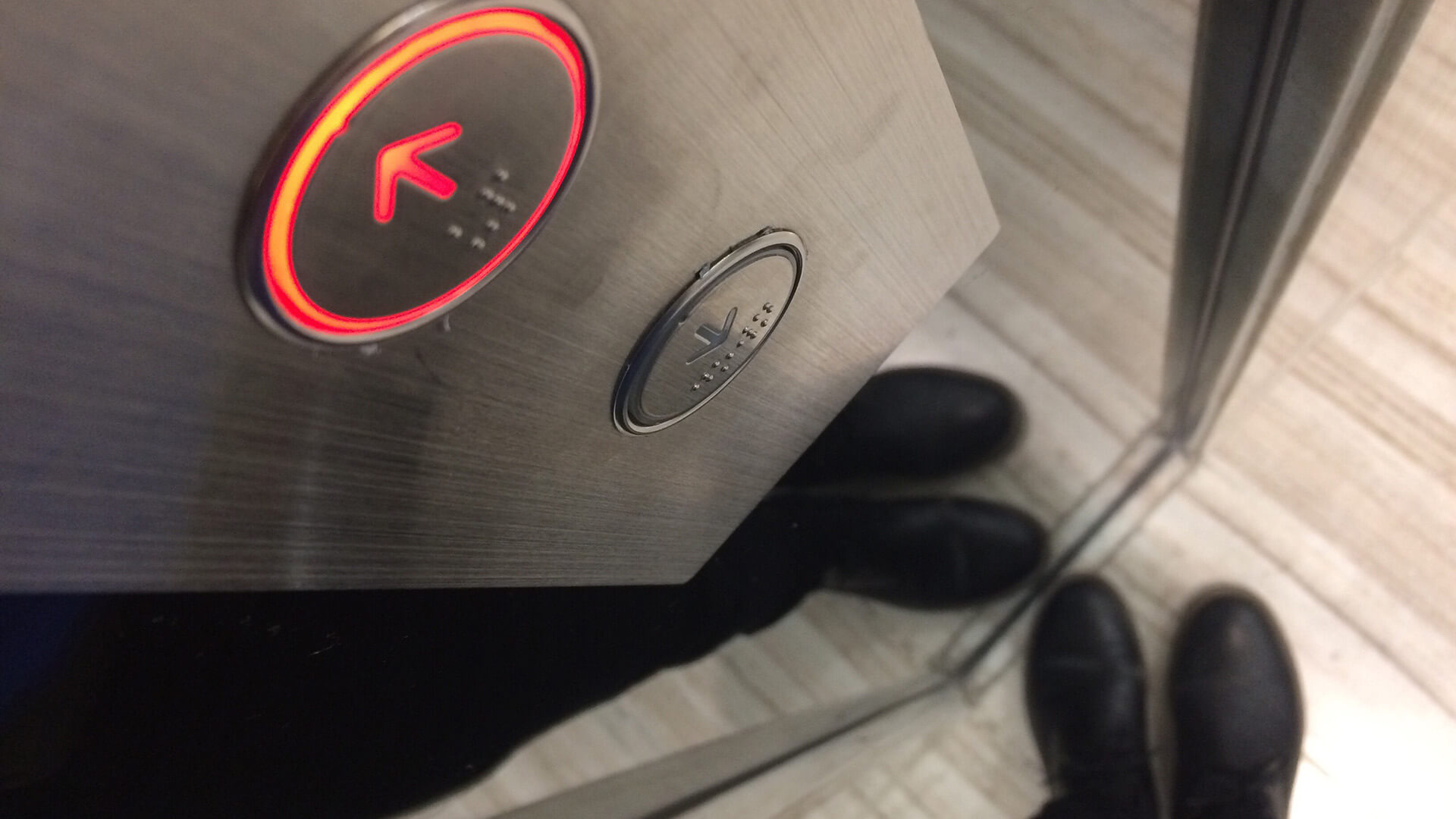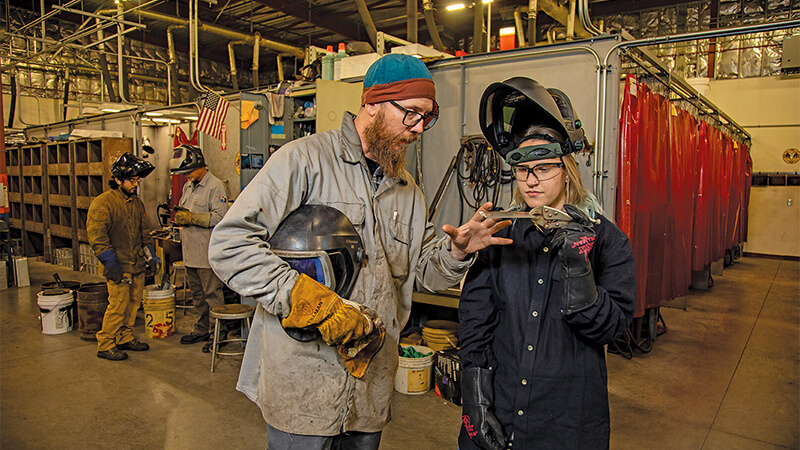College certificates are credentials that students can earn from colleges or universities. These programs typically require less time to complete than degree programs and are designed to provide students with specialized training in specific fields or skillsets. Sometimes, certificates can be earned in succession, or “stacked,” to apply toward associate degrees.
Community colleges, technical schools, and vocational schools often offer credit-bearing certificate programs. They can vary in length from a few weeks to several months or even a year, depending on the program and the level of specialization. Certificate programs can also be designed to complement existing degree programs or to provide additional non-credit training to people already working fields.
Certificates can cover a wide range of topics, including computer programming, healthcare, business, construction, and more. They can also be used to prepare students for specific industry certifications or licensing exams.
Earning a certificate can provide many benefits, including enhancing job skills and employability, increasing earning potential, and providing a pathway to further education and career advancement. They are also often more affordable than degree programs, making the high-quality certificate programs good options for students who want to gain skills and knowledge without taking on a lot of debt.
Industry-recognized certifications are other short-term credentials that validate an individual’s knowledge and skills in a particular field or industry. They are often offered by professional associations, trade organizations, or certification agencies and are intended to demonstrate that someone has a level of competence and expertise. Industry certifications can cover an array of topics, including information technology, healthcare, construction, finance, and more. They can be obtained by passing an exam, completing a training program, or demonstrating work experience and knowledge in a particular area.
Common examples of industry certifications include the CompTIA A+ certification for computer technicians, the Certified Nursing Assistant (CNA) certification for healthcare professionals, and the Project Management Professional (PMP) certification for project managers. Many industries require or strongly recommend specific certifications for certain jobs or positions.
